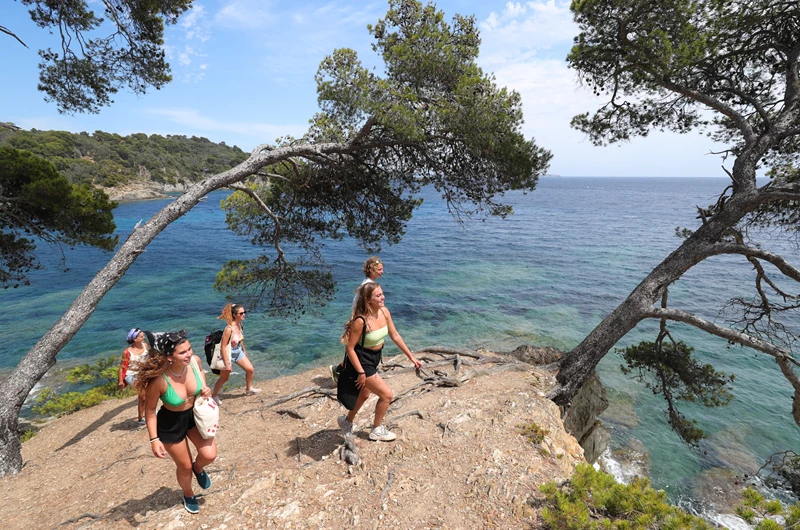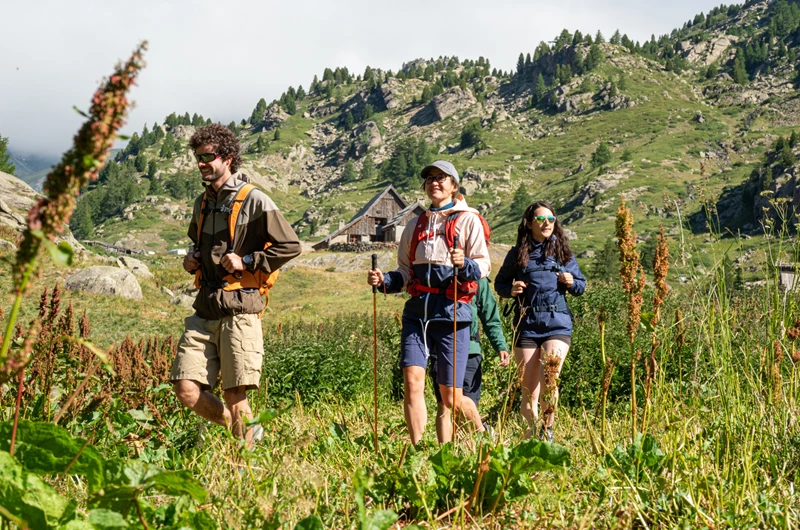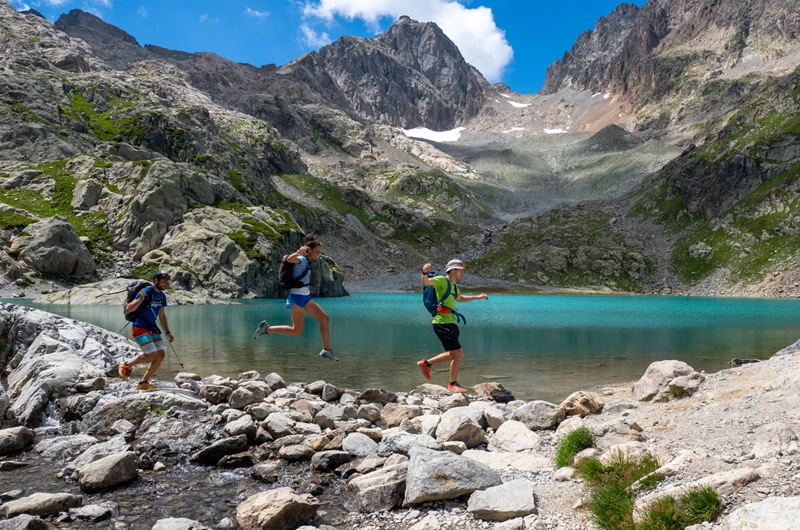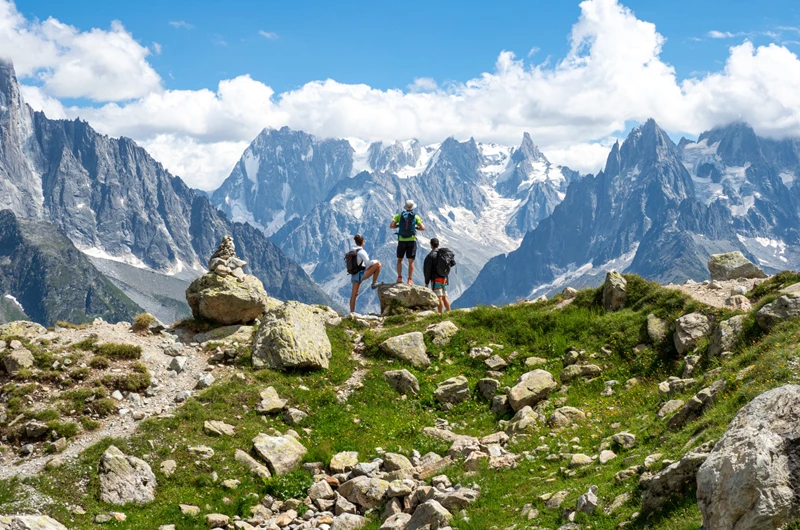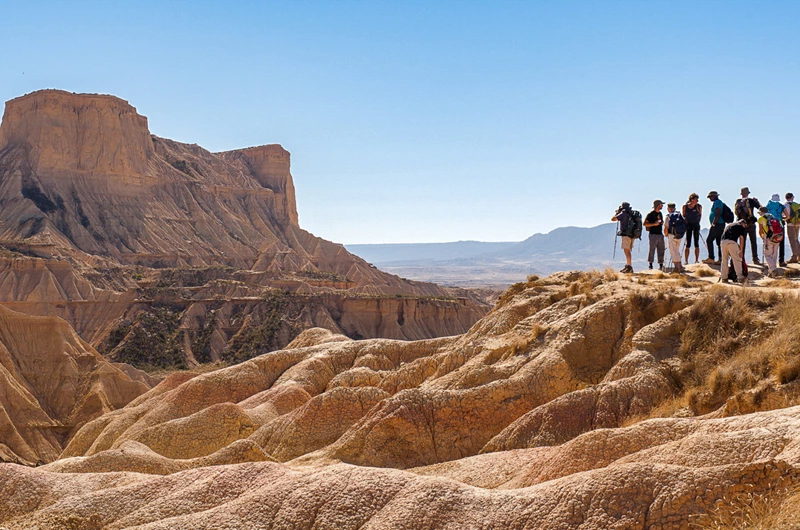Hiking
The Alps offer some of the most dramatic and majestic scenery found on planet Earth. All of our courses will take you to breathtaking viewpoints, beautiful passes, hidden lakes and bubbling streams. Courses available include the world-famous Tour du Mont Blanc as well as many relaxed trekking holidays, and soak in the stunning scenery around the Alps and beyond. We also offer new courses worldwide, so choose from mountain treks to coastal and desert excursions!
Always included in our holidays

Hiking boots and rucksack

Instruction or guiding

Accommodation

All meals

Friendly & social atmosphere
1. Start your hiking training early Look to build your strength and fitness gradually and make sure that if you have new boots, break them in before you start your course!
2. Have good walking socks The wrong socks could ruin your hiking trip so when trying on boots, wear the same socks that you intend to use for your trek. Look for materials that have sweat wicking properties or consider materials that wick sweat away but are also waterproof.
3. Practice walking with a rucksack on It is really good to practice walking with weight on your back as you will be carrying items such as food, drink, spare clothing and possibly more. If you are using your own bag make sure you determine the correct alignment of all of the straps as this will make the world of difference when hiking with weight on your back.
4. Hydrate and Fuel frequently whilst hiking It is so important to keep hydrated and keep your energy levels up whilst exercising. Aim to eat small, frequent meals and snacks on the go to maintain energy levels. Dried fruit, energy bars and nuts are great snacks to keep you going on your hike.
What’s the difference between hiking and trekking?
The main difference is that hiking is seen as a more leisurely activity whereas trekking is a bit more challenging. This may mean that rather than walking on a forest path you may walk across glacial terrain or climb challenging heights.
What kit do you need?
UCPA provide boots and backpacks, but you may find it comfier with your own.
What you need to bring; hiking boots or suitable trainers, water bottle, comfortable/breathable clothing, hat, waterproof layers for if the weather changes
How fit do you need to be?
You will need a base level of fitness as you will be expected to climb up to 1200m in height and walk for 5 to 7 hrs each day at a steady pace depending on the chosen program.
What would I be expected to do at this level?
You should have the ability to walk at a faster than average pace, be used to walking at altitude, be able to cope well with walking in all weather conditions.
Do I need walking poles?
This really is completely up to you. Some people find them really helpful some find that they get in the way. Lightweight and telescopic poles will ease the load on knees and thighs on descents and give you ‘two extra legs’ on steep climbs.
Are there any treks that are a little bit different?
What exciting challenges could I do?
Have you ever wanted to walk on a glacier? Try walking with crampons hiking the glaciers of the Mont Blanc Massif. Test yourself on one of the most iconic routes in the Alps, the Haute Route Chamonix- Zermatt.
Will I get altitude sickness?
The effects of altitude are quite random and not always related to fitness and exposure. If you begin to feel dizzy or sick, it is so important to tell your instructor straight away and they will assess whether you are able to continue gaining height.
View all dates & prices for Hiking
Prices from
WHAT TO EXPECT
NEW TO SUMMER WITH UCPA?
Full summer packing list & all you need to know to get started!
subject Learn MoreWhat our clients say about us!
Subscribe to our Newsletter
Join our newsletter and get news in your inbox every week! We hate spam too, so no worries about this.
